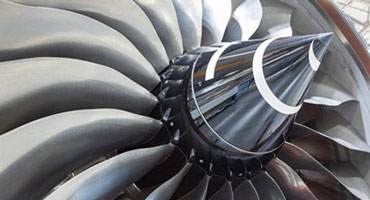Metals processing

Metals processing involves both extraction and refining as well as the controlled application of coatings and surface finishes. Extraction and refining is carried out on a large scale from mined ores and increasingly from waste streams such as old electronic equipment and batteries. Surface finishing is a process where metals are deposited as coatings either for functional reasons (such as anti-corrosion, or anti-wear) or for aesthetics. Many chemical methods involved in metals processing have a legacy of chemistry that is toxic, noxious and inefficient. Our metals processing activities are aimed at developing new methods, chemistries and materials to make some of these applications more efficient, more environmentally sustainable and more pleasant to work with.
Our metals processing activities include development of hexavalent chromium-free chromium plating technology and alloy plating coatings for replacement of cadmium. Both hexavalent chromium and cadmium are highly dangerous in manufacture. In addition, we work on high-efficiency extraction of precious metals from low-grade mining ores, on extraction and separation of strategic metals from waste electronic and electrical equipment (WEEE) and on processing of high value safety critical parts for aerospace.
The common factor in all these metals processing activities is the use of a unique deep eutectic solvent technology developed at the University of Leicester. We undertake both fundamental scientific studies into the properties of these new and novel solvents as well as develop their applications. We work with academic and industrial partners across Europe and internationally on blue-skies research and technology-transfer in collaboration with funding agencies including Innovate UK, EPSRC and EU Horizon 2020 as well as through contract research with industrial partners.